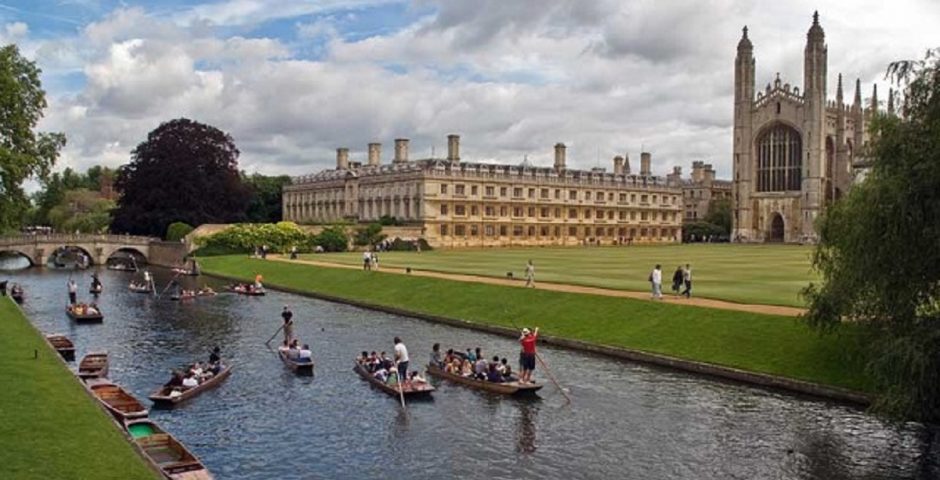
Come on Cambridge, stop lying about access
The figures show things are getting worse
Another year, another round of self congratulatory back slapping by the university access office.
There’s a general sense in Cambridge that access from the worser off schools is improving. The Tab just this term released a news piece, on how state school admissions had reached a new high and once again we’d trashed Oxford by over 6% in our quest for social justice.
Leaving aside the fact that beating Oxford in social mobility terms is about as hard as getting into Fez on a Thursday night (are there even bouncers?), it is true that a fair amount of progress has been main when it comes to increasing the state schooled percentage, particularly in the last decade, as the graph below shows.
[infogram id=”statevindependent” prefix=”7Mg” format=”interactive” title=”StatevIndependent”]
Statistics are powerful, and in the ‘post-truth world’, it’s nice to have a clear idea of the numbers. Yet stats aren’t infallible, and in the right hands, they can be manipulated as easily as the truth. The persistent myths from the Cambridge director of admissions suggest that students and staff were ‘breaking through.’ On closer examination, they have a very dubious basis in reality.
Much has been made of Theresa May’s new policy on grammar schools. The critics say they’re nothing but state subsidised private schools for the middle classes, while proponents tend to argue that the low number of them is the biggest issue. Provide more, and we’ll begin to see them execute their true purpose: providing opportunity to the disadvantaged.
What both sides agree on, though, is that in their current form they are simply a different kind of private school. Parents pay comparable levels of cash to buy houses in their catchment area, such that their children get all the quality of a private education without any of the social stigma of private schooling. Of course, the 11+ entry examination is supposed to act as the great leveller, but private tutoring, paid prep schools and a variety of less tangible socio-economic factors all ensure that the lion share of the places to go the privileged middle classes.
It is curious then, that in publishing its admissions figures, the university makes no distinction between admissions from normal comprehensives and sixth form colleges, and elite grammar schools, putting them all under the moniker ‘state educated’.
A closer examination of the stats reveals a concerning fact. Grammar school admissions have being rising fast, while since 2012, non grammar admissions have been in decline.
[infogram id=”admissionsstats-4″ prefix=”qki” format=”interactive” title=”Welcome: Your first project”]
Based on the graph above, the picture is pretty clear. Access has at best plateaued for the past 4 years, and is at worst in decline. For all the self indulgent press the access office gives itself, all it’s really doing is replacing one traditional form of privilege with another newer, sleeker kind. In the mean time, such privilege is biting into the places of the genuinely normal applicants.
Sure we may say it’s better to have trendy north London grammar kids, with their appropriative tracksuits and crushing sense of guilt, than braying toffs from Radley, but surely not at the expense of students who’ve genuinely made it here off their own backs.
The important thing to make clear is I’m not attacking the university for its access policies. £4.5 million was spent on access events last year. With its array of shadowing schemes, open days and access summer schools, it is impossible to fault the efforts of the institution (and certainly not college access officers). However, when it comes to tangible results, it is failing badly.

All roses and sunshine?
Access is a hard and complex issue for the university to work on. For the most part, it depends on the ability of the government to enable the disadvantaged, get less expectant students to apply and indeed to guide them through the admissions process. The university can do very little about this, short of risking its own academic reputation (which in fairness it has been willing to do).
What it can do however, is not misrepresent its own achievements. Access certainly isn’t improving, and its time we heard the truth.
Whatever changes lie ahead in the government’s education policy, Cambridge will try its best to improve access.
However, it must be brutally honest when it comes to its own failings, which at the moment, it fails to be.









































